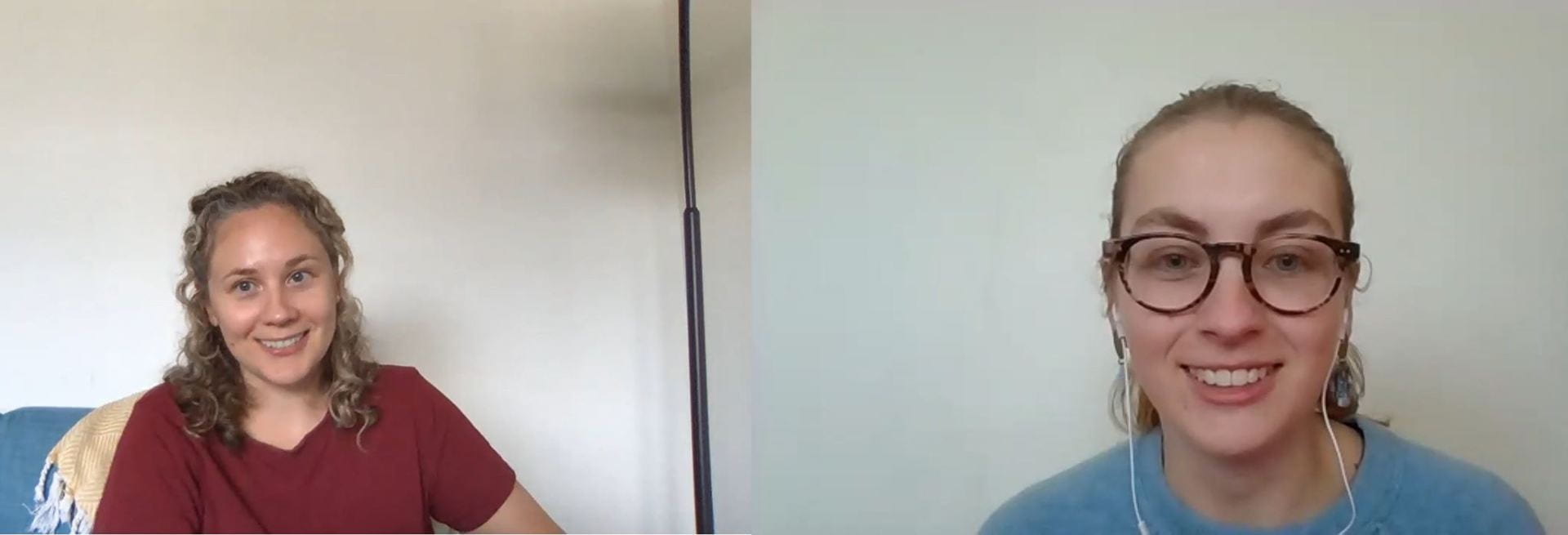
Confronting the History of Race and Empathy in the Classroom: A Conversation with Dr Sarah Walsh
In June 2020, Dr Sarah Walsh joined the History Program as our new Hansen Lecturer in Global History. In this conversation with History PhD candidate Amy Hodgson, Dr Walsh discusses her research, and her approach to teaching.
The interview traverses a wide range of topics, including the challenges posed by online teaching, especially when it comes to handling difficult and confronting histories of oppression and violence. What approaches can be used to foster empathy and kindness in the classroom? What methods can researchers working on these topics use in order to take care of their own mental health and wellbeing? And what are some useful starting points for people who want to educate themselves about issues around race and racism?
Listen on the player below or via your favourite podcast player

Dr Sarah Walsh received her BA from Boston College and both her MA and PhD from the University of Maryland, College Park. She was a Postdoctoral Research Associate in the Race and Ethnicity in the Global South ARC Project at the University of Sydney between 2013 and 2017. The following year she served as a Research Fellow in the COLOUR OF LABOUR Project at the Universidade de Lisboa. Most recently, she was a Postdoctoral Teaching Fellow in the Roots of Contemporary Issues Program at Washington State University. Her first book, The Religion of Life: Eugenics, Race, and Catholicism in Chile, is under contract at University of Pittsburgh Press. She has also published articles in the Catholic Historical Review, History of Science, and the Journal of Iberian and Latin American Studies.
The overall question that informs both Dr Walsh’s teaching and research is: how do prejudice and discrimination based on human difference (race, ethnicity, gender, sexuality, ability) maintained in intellectual systems which explicitly reject those concepts? In other words, her research is interested in better understanding how systemic oppression continues to flourish in modern democracies that typically celebrate diversity and rely on notional equality for all. In particular, she examines the role that science and medicine play in this process.
Amy Hodgson is a PhD candidate in history. She researches transitional justice in Latin America, with special attention to Chile’s truth commissions. Using oral history as a key source, her research speaks to how transitional justice mechanisms were received, experienced and remembered by victim-survivor communities.
In Semester 2/2020 Sarah Walsh will be teaching in Dictators and Democrats (HIST10015) and contributing to Generating the Wealth of Nations (UNIB10010) and International History (HIST90024).
The Hansen Lectureship in Global History is generously funded by the Hansen Trust.